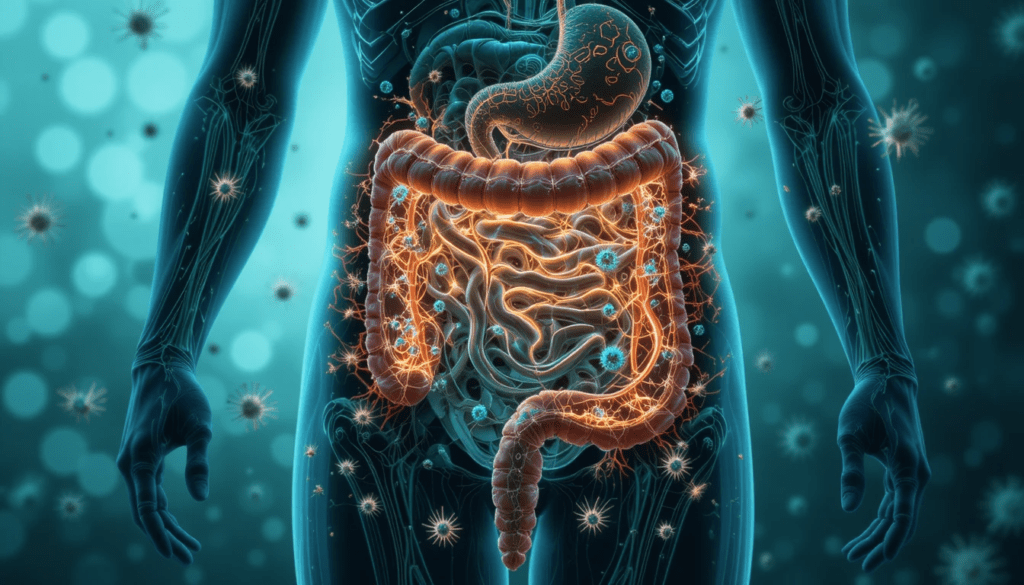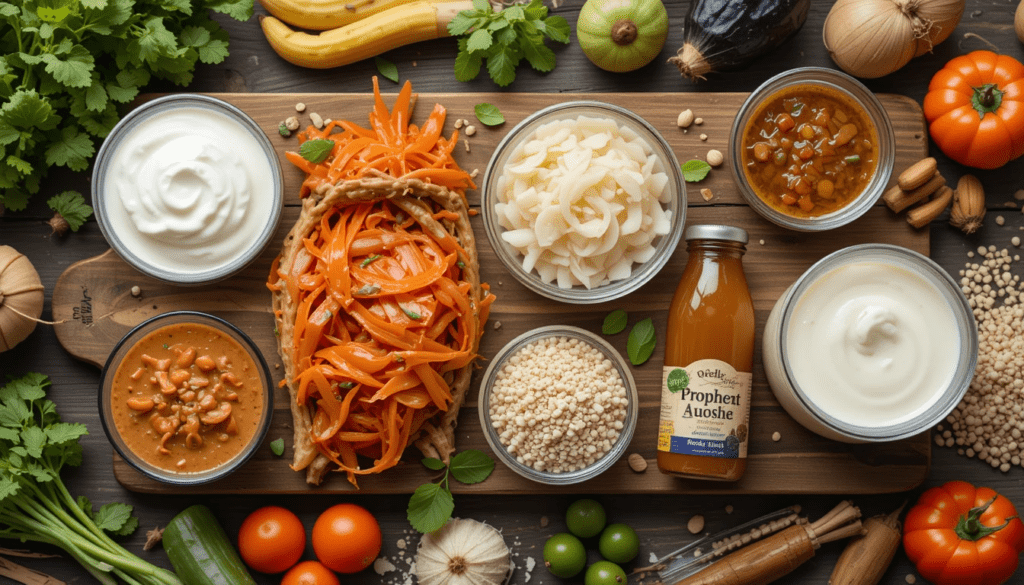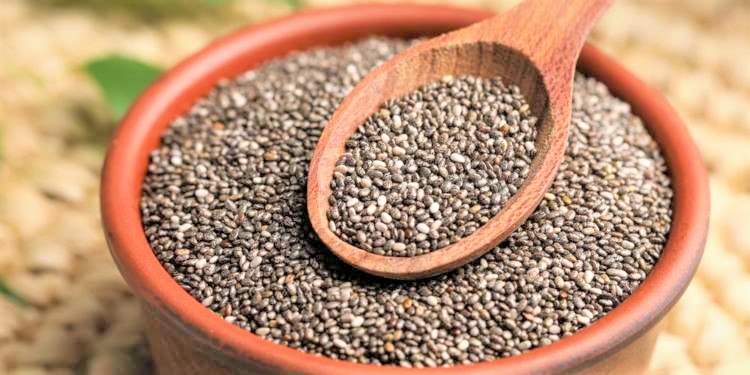Gut health plays a crucial role in overall well-being, influencing digestion, immunity, and even mental health. The gastrointestinal (GI) tract is a long tube through which food travels in your body, comprising the mouth, esophagus, stomach, small intestine, large intestine, and anus. The gut microbiome refers to the community of microorganisms (bacteria, fungi, viruses) that aid digestion, absorption, and immune function. The composition of human gut microbiota changes over time based on diet and overall health.
Table of Contents

What is Gut Health & the Gut Microbiome?
Your gut microbiome is like a vibrant garden inside your intestines. Just as flowers need the right soil and sunlight, your gut thrives when fed the right nutrients. This ecosystem of bacteria, fungi, and viruses:
- Digests fiber and produces essential vitamins B12 and K.
- Strengthens your immune system.
- Regulates mood through the gut-brain axis.
Development of the Gut Microbiome
Gut microbiome development largely begins at birth. Several factors influence a baby’s microbiome, including:
- Delivery Method: Vaginal birth vs. C-section.
- Gestational Age: Premature vs. full-term birth.
- Maternal Health: Diet, lifestyle, and overall well-being.
- Antibiotic Use: Antibiotics during pregnancy or infancy can impact gut bacteria.

The gut microbiome plays a crucial role in digestion. While the stomach and small intestine break down food, gut bacteria in the large intestine ferment undigested food components, like dietary fiber, producing short-chain fatty acids (SCFAs). These SCFAs:
- Provide energy for cells.
- Maintain gut lining integrity.
- Regulate inflammation.
- Support immune function.
A healthy gut microbiome is essential for optimal nutrient absorption and overall digestive health.
5 Signs Your Gut Needs Help
Your gut may be out of balance if you experience:
- Fatigue
- Skin Issues (acne, eczema)
- Frequent Bloating
- Irregular Bowel Movements
- Sugar Cravings

Gut Health: How to Improve It Naturally
1. Eat the Rainbow 🌈
Consuming a variety of colorful fruits and vegetables daily ensures you get different phytonutrients, essential for gut health.
Best Foods:
- Berries: Blueberries, raspberries
- Bright Veggies: Carrots, bell peppers
- Leafy Greens: Spinach, kale
Pro Tip: Start with one extra serving of veggies daily. Small changes stick!
2. Include Fermented Foods 🥒🥛
Fermentation is an ancient technique still used today to produce foods rich in probiotics. Probiotics enhance digestion and strengthen immunity.
Best Fermented Foods:
- Yogurt (with live cultures)
- Kombucha (fizzy, tangy probiotic drink)
- Sauerkraut or Kimchi (fermented cabbage)
3. Ditch the Sugar Trap 🍬
Excess sugar feeds harmful bacteria, leading to gut imbalances.
Healthier Alternatives:
- Dark Chocolate: 70% cocoa or higher
- Fresh Fruits: Pair with a handful of nuts for balanced energy
4. Move Your Body 🏃♂️
Exercise improves gut health by:
- Boosting gut bacteria diversity.
- Enhancing gut movement and circulation.
- Strengthening digestive muscles.
Best Exercises:
- Walking: 30 minutes daily
- Yoga: Reduces stress and aids digestion
5. Sleep Like Your Gut Depends on It 😴
Poor sleep disrupts gut bacteria. Aim for 7–9 hours of sleep per night.
Better Sleep Habits:
- Wind Down: Try herbal tea (chamomile, peppermint).
- Avoid Screens: Limit blue light exposure 1 hour before bed.
6. Manage Stress 🧘♀️
Chronic stress affects digestion and gut bacteria, leading to issues like bloating, indigestion, and even IBS. Stress hormones (cortisol, adrenaline) slow digestion and reduce blood flow to the gut.
Ways to Reduce Stress:
- Exercise Regularly: At least 30 minutes of moderate activity five days a week.
- Prioritize Sleep: A good night’s sleep supports stress management and gut health.
- Eat a Balanced Diet: Whole foods rich in fiber, lean proteins, and healthy fats promote gut balance.
Common Gut Health Mistakes to Avoid
- Ignoring Stress: Chronic stress harms gut balance—try meditation or deep breathing.
- Overusing Antibiotics: They wipe out good and bad bacteria—use only when necessary.
- Relying on Supplements Alone: Real food is your best source of nutrients.
FAQ: Your Gut Health Questions Answered
1. What are probiotics and why are they important?
Probiotics are beneficial bacteria that help balance the gut microbiome, support digestion, and boost immunity.
2. How can I tell if my gut bacteria are imbalanced?
Signs include bloating, fatigue, skin issues, irregular digestion, and strong sugar cravings.
3. Can gut health affect my mental health?
Yes! The gut-brain axis links gut health with mood regulation and mental well-being.
4. How long does it take to improve gut health?
With consistent dietary changes, you may notice improvements in digestion and energy within a few weeks.
5. Are prebiotics necessary for gut health?
Yes! Prebiotics (found in garlic, onions, bananas) feed beneficial gut bacteria and support their growth.
Learn more about prebiotics from the Mayo Clinic
Conclusion
Improving gut health isn’t about perfection—it’s about progress. Stay hydrated, eat diverse foods, exercise regularly, and manage stress for optimal gut function. A healthier gut leads to a healthier you!
Read More


